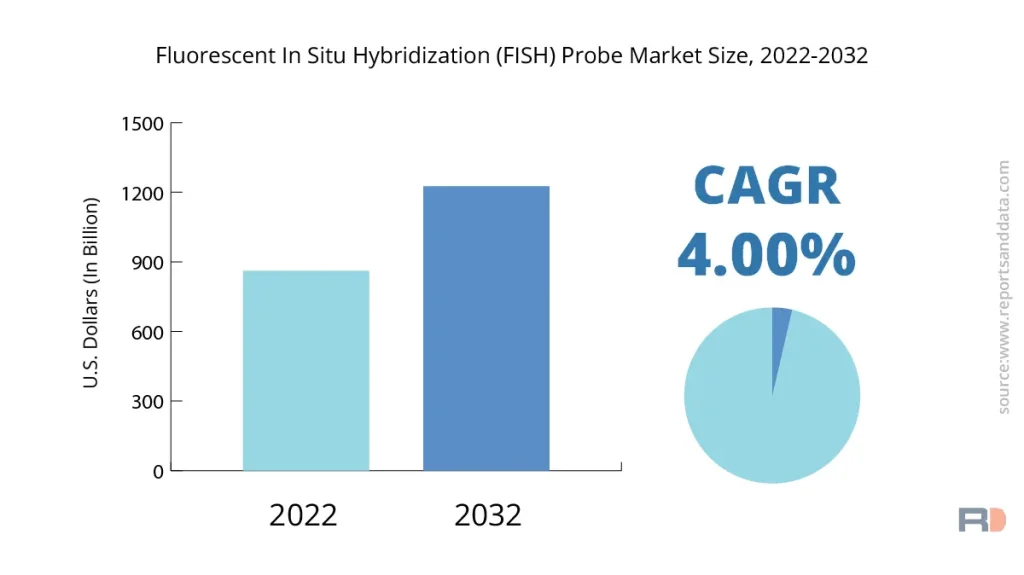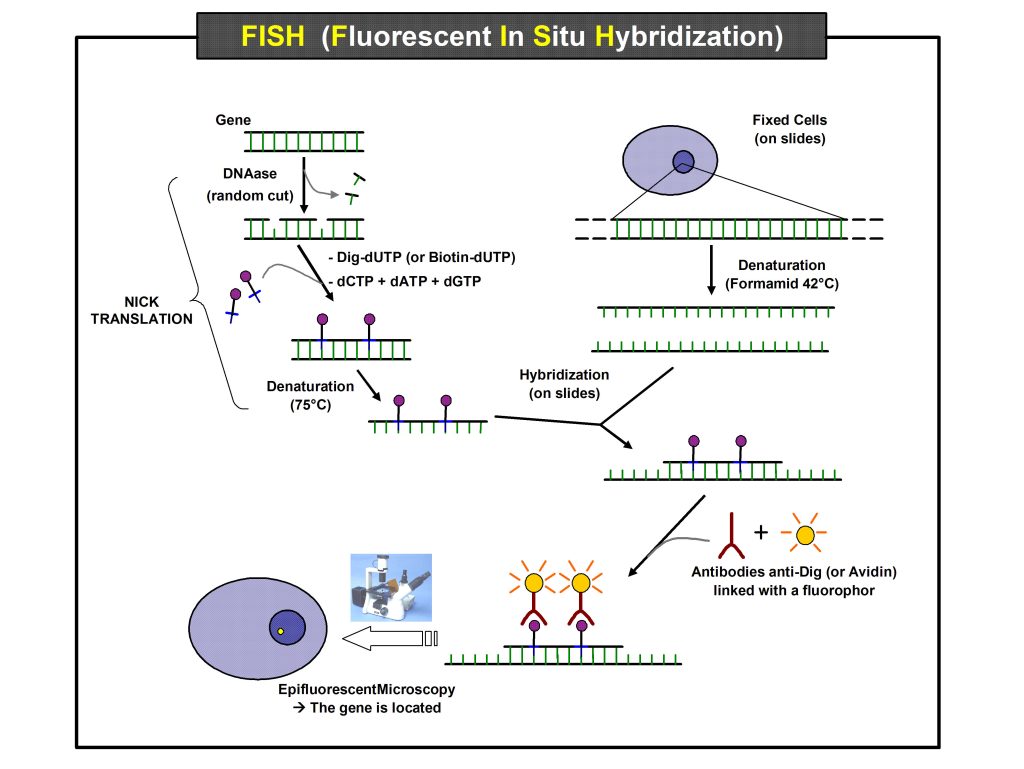
FISH stands for fluorescence in situ hybridisation. It is a test that looks for gene changes in cells. Genes are made of DNA. They control everything the cell does, including when it grows and reproduces. FISH tests look for specific genes or parts of genes.
Changes in genes can make the cancer cell:
- produce particular proteins
- make far more of the protein than normal
- stop making a particular protein
If a gene change occurs, the cell may produce too much of a protein or not enough. This can make the cancer cells grow and reproduce more than normal.

Cancer treatment
There are now cancer treatments that target specific proteins. Finding out if your cancer has a particular change in its genetic make up can help your doctor to know whether a particular treatment is likely to work for you.
Some breast cancers produce too much of the protein HER2 because of a change in a gene called HER2/neu. Doctors use the FISH test to measure the amount of HER2/neu gene in each cancer cell.
If the FISH test comes back strongly positive for HER2, it is much more likely that a drug called trastuzumab (Herceptin) will work. Trastuzumab targets the HER2 protein.
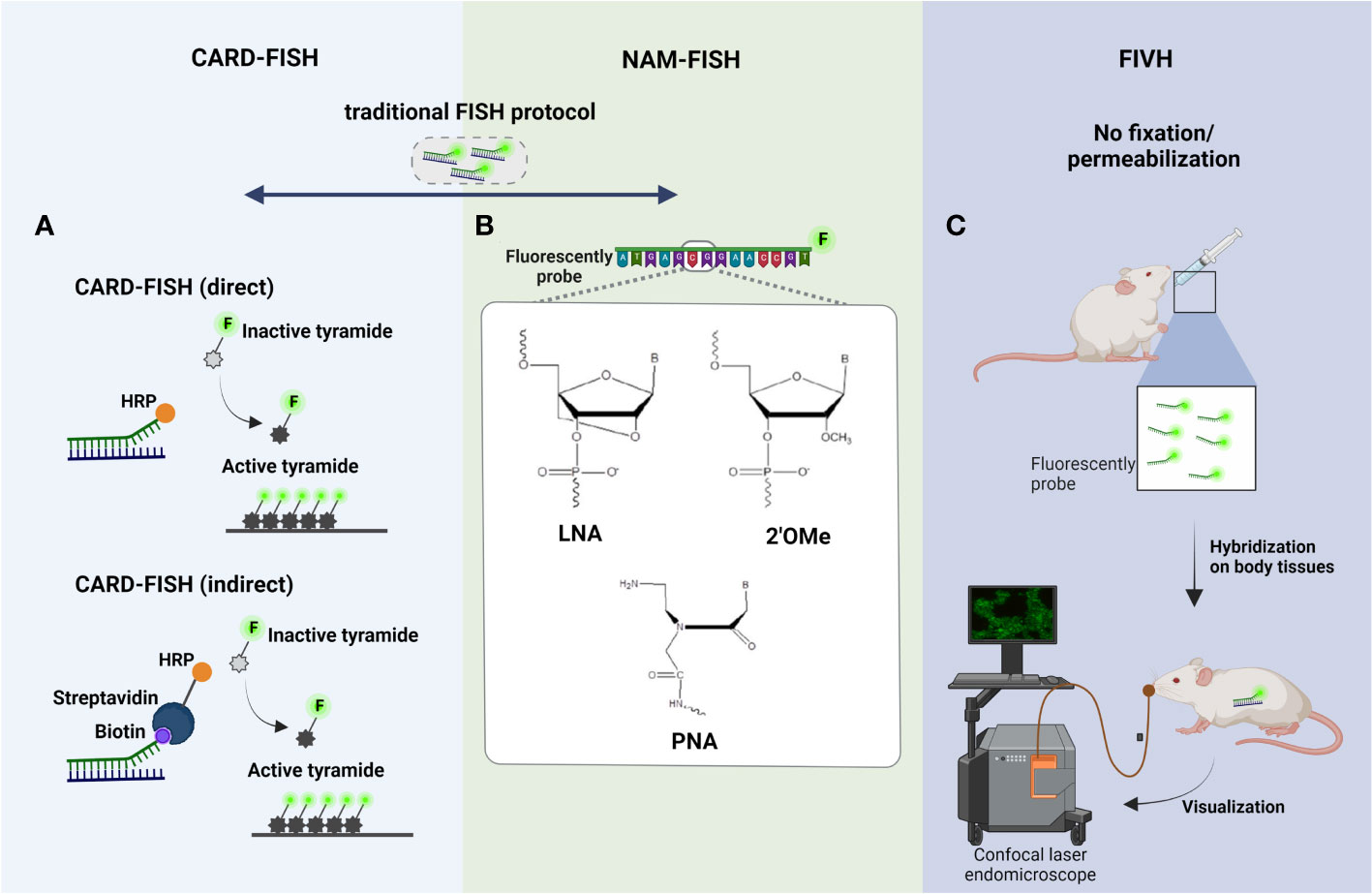
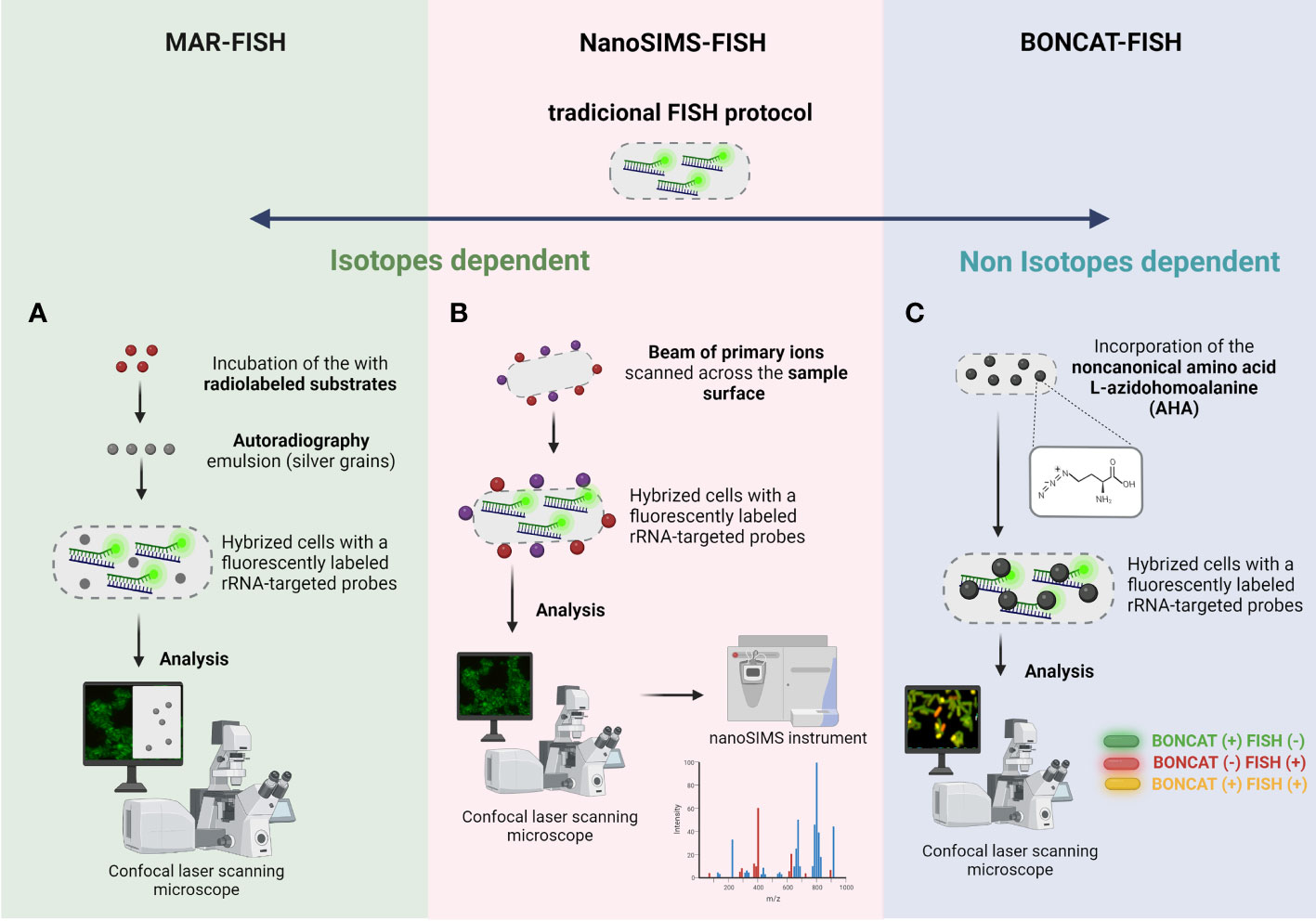
How is FISH testing done?
FISH testing is done by a pathologist. A pathologist is an expert who looks at and identifies cells.
To do a FISH test the pathologist needs some blood or tissue from your cancer. This can be from a sample of tissue (biopsy), blood sample or from when you had surgery to remove your cancer.
In the laboratory, the pathologist attaches a dye and ultraviolet light to find and count the gene changes.
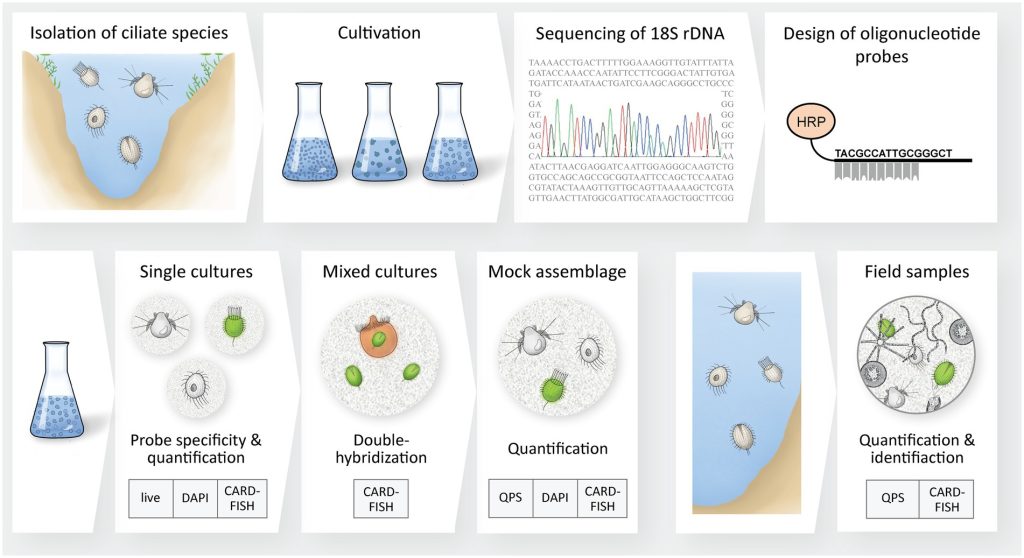
How available is FISH testing?
FISH tests are used in several cancers including;
- breast cancer
- chronic lymphocytic leukaemia (CLL)
- acute lymphoblastic leukaemia (ALL)
- acute myeloid leukaemia (AML)
- chronic myeloid leukaemia (CML)
- myeloma
- ewings sarcoma
- lymphoma
- lung cancer
- prostate cancer
- melanoma skin cancer
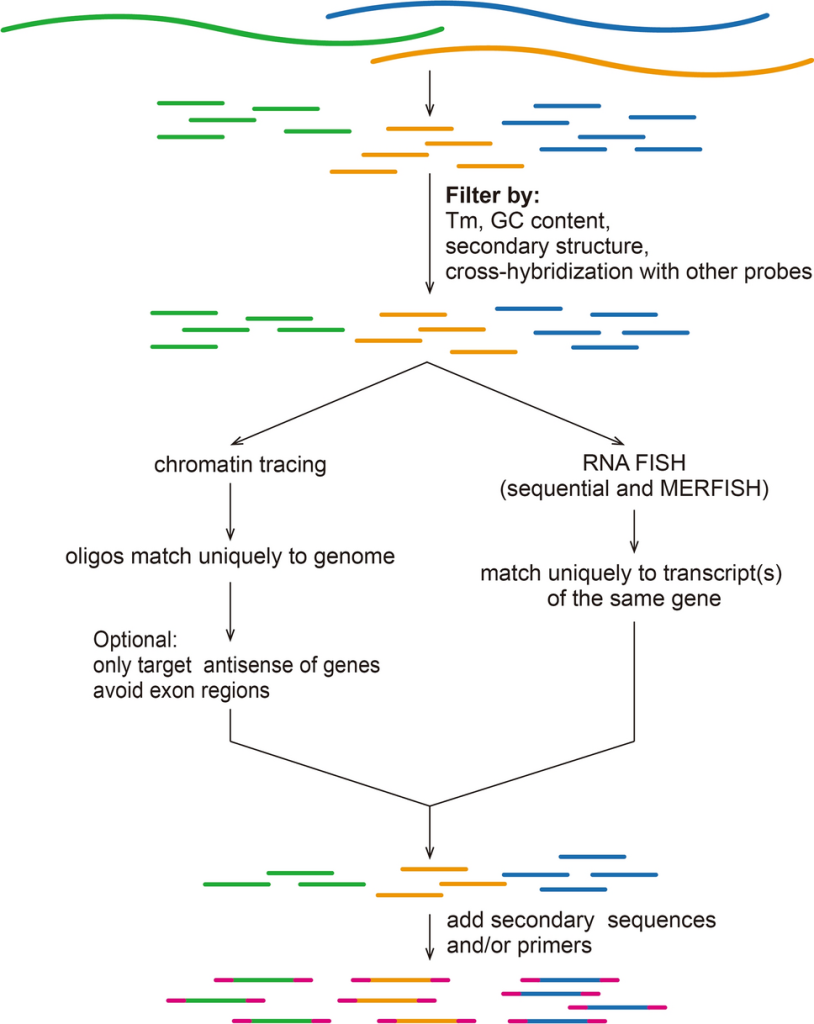
It’s also used for non cancerous conditions such as Prade Willi syndrome and specific infections.
Doctors and researchers are finding out more each day about genetic changes that affect how cancer grows. FISH tests are an important part of finding more specific information about different cancer types. They can help doctors decide about what treatment you need and to check how well treatment is working.

